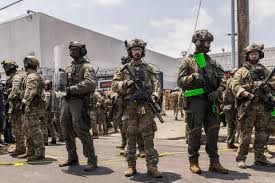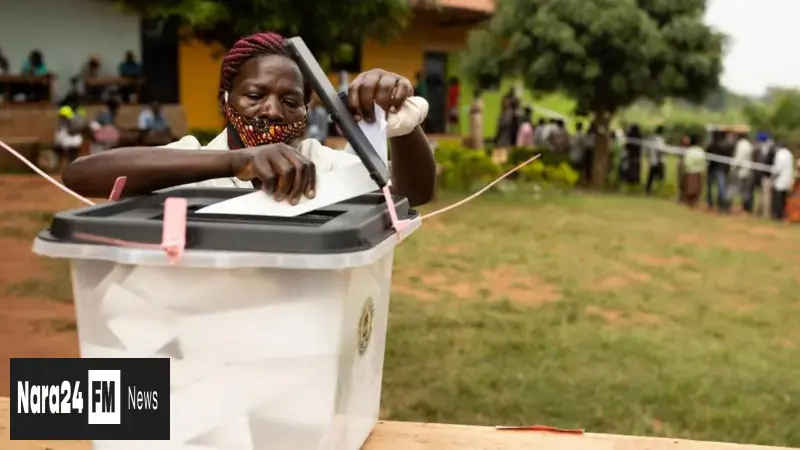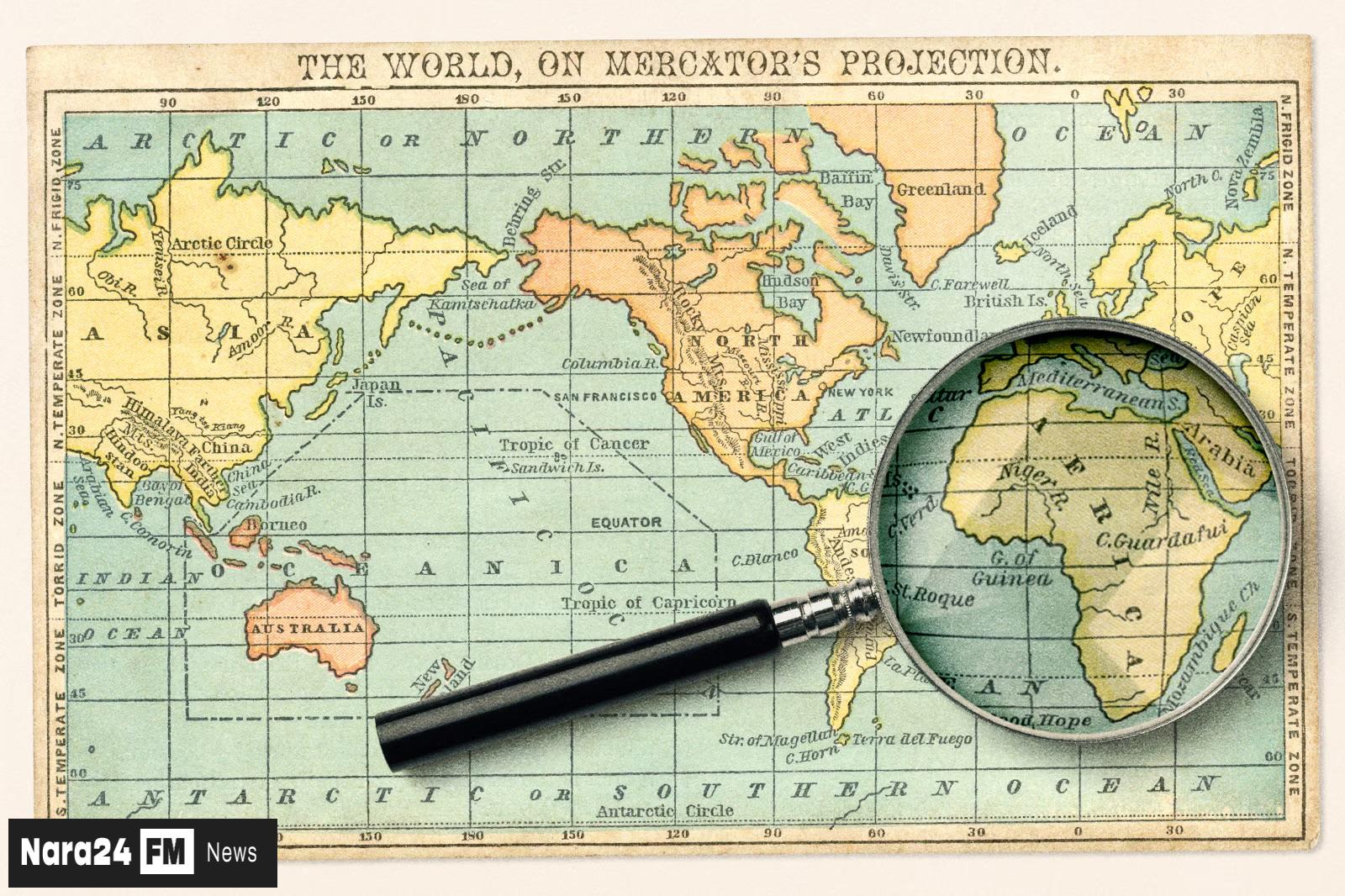In a significant escalation of federal intervention, the Trump administration has ordered approximately 700 U.S. Marines to Los Angeles while simultaneously doubling National Guard presence to 2,000 personnel. This military buildup responds to ongoing demonstrations against Immigration and Customs Enforcement (ICE) operations that have rocked Southern California since early June.
Unprecedented Military Mobilization
Pentagon spokesperson Sean Parnell confirmed Monday that the Marines would support federal personnel and property protection in America's second-largest city. The deployment marks the first combat troop mobilization to a domestic protest zone since the civil rights era. While administration officials emphasized troops would play a supportive role to law enforcement, California Governor Gavin Newsom denounced the move as "an unwarranted and dangerous militarization against citizens."
Distinct from the state-controlled National Guard, Marine battalions represent the nation's expeditionary warfare specialists. Their deployment raises constitutional questions about the Insurrection Act of 1807, which permits domestic military policing only under specific conditions. White House sources confirmed President Trump hasn't yet invoked this authority, though he publicly entertained the Marine deployment option earlier Monday.
Constitutional Showdown
California's Attorney General Rob Bonta filed an emergency lawsuit challenging the legality of federalized National Guard units operating without gubernatorial consent. The filing contends Trump violated the 1878 Posse Comitatus Act limiting military involvement in civilian law enforcement. Governor Newsom asserted state agencies possessed adequate resources to manage protests, accusing the president of "manufacturing crisis to usurp state sovereignty."
This standoff revisits a rarely tested constitutional dynamic last invoked in 1965, when President Lyndon Johnson federalized Alabama's National Guard to protect civil rights marchers against state opposition. Legal scholars note the reversal of roles—where the federal government now deploys force against a resisting state—creates unprecedented legal terrain.
Protest Landscape
Demonstrations erupted following ICE raids at Ambiance Apparel in Los Angeles and Paramount, where agents detained Service Employees International Union (SEIU) leader David Huerta on conspiracy charges. Indigenous activist Perla Rios described the community impact at a Monday rally: "What families experience is a nightmare of separation without due process."
Al Jazeera correspondent Rob Reynolds reported peaceful union-led marches downtown, noting minimal National Guard engagement during initial deployments. "Troops primarily guarded federal buildings without confronting protesters," he observed, questioning the necessity of Marine reinforcement given the restrained atmosphere.
National Repercussions
The SEIU organized solidarity protests in multiple cities demanding Huerta's release, while rallies in New York and Los Angeles concurrently denounced Trump's expanded travel ban affecting twelve nations. Murad Awawdeh of the New York Immigration Coalition condemned the policy as "a revival of discriminatory bans that terrorize immigrant communities."
As Marine units reportedly position at California bases rather than urban streets, tensions escalate between federal authority and state autonomy. The confrontation tests both constitutional boundaries and the military's traditional role in domestic affairs, unfolding against growing criticism of immigration enforcement tactics.
Source: Al Jazeera and news agencies








Comments (0)
Leave a Comment
Be the first to comment on this article!